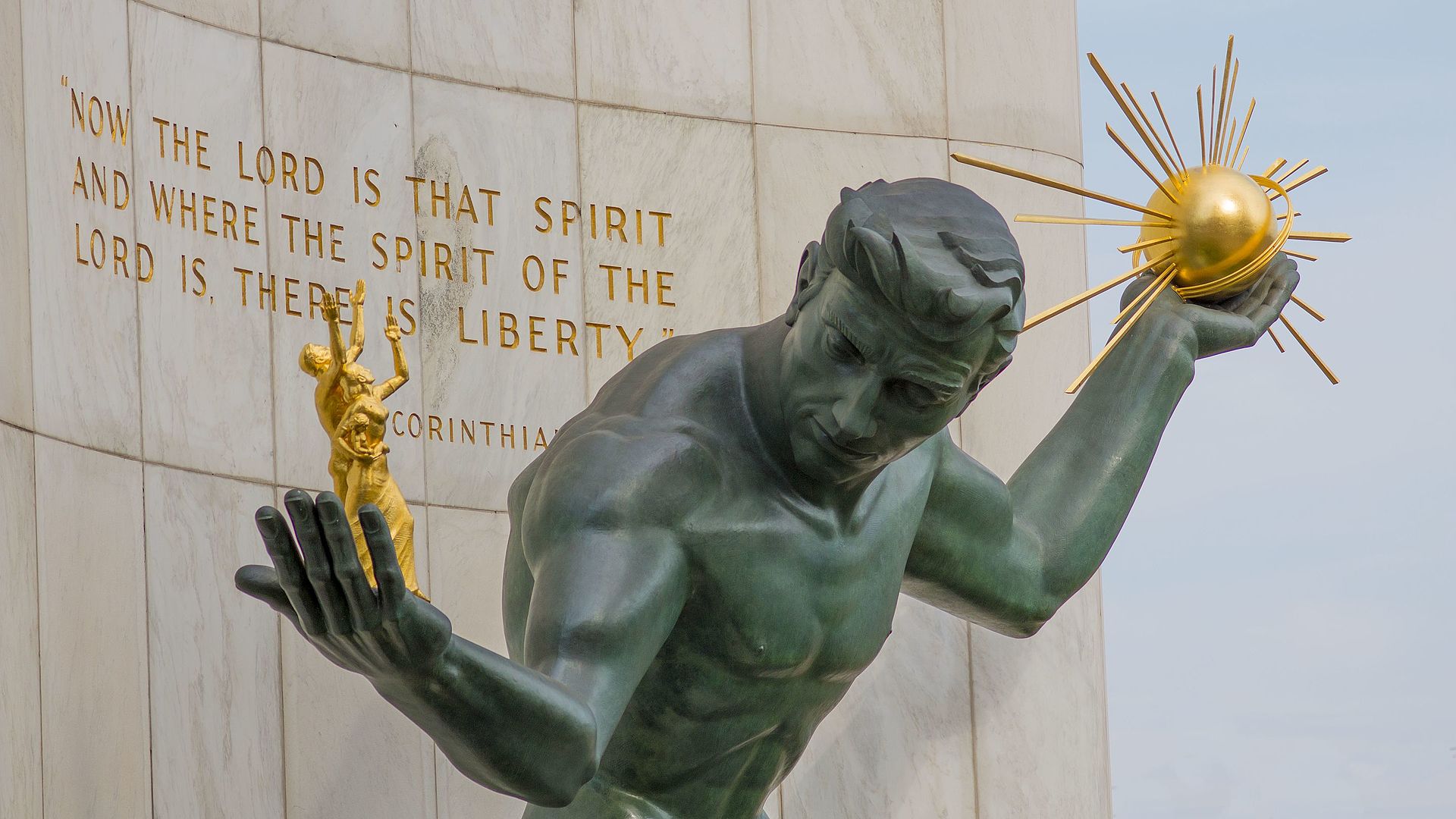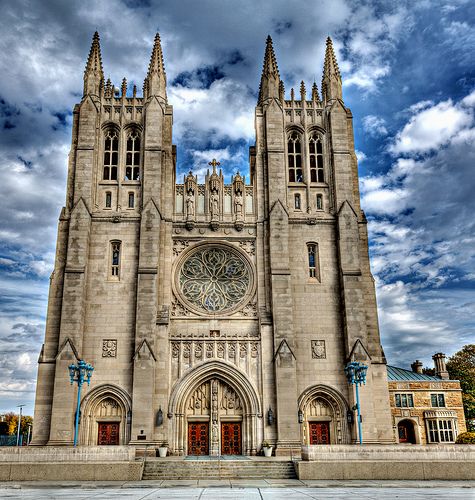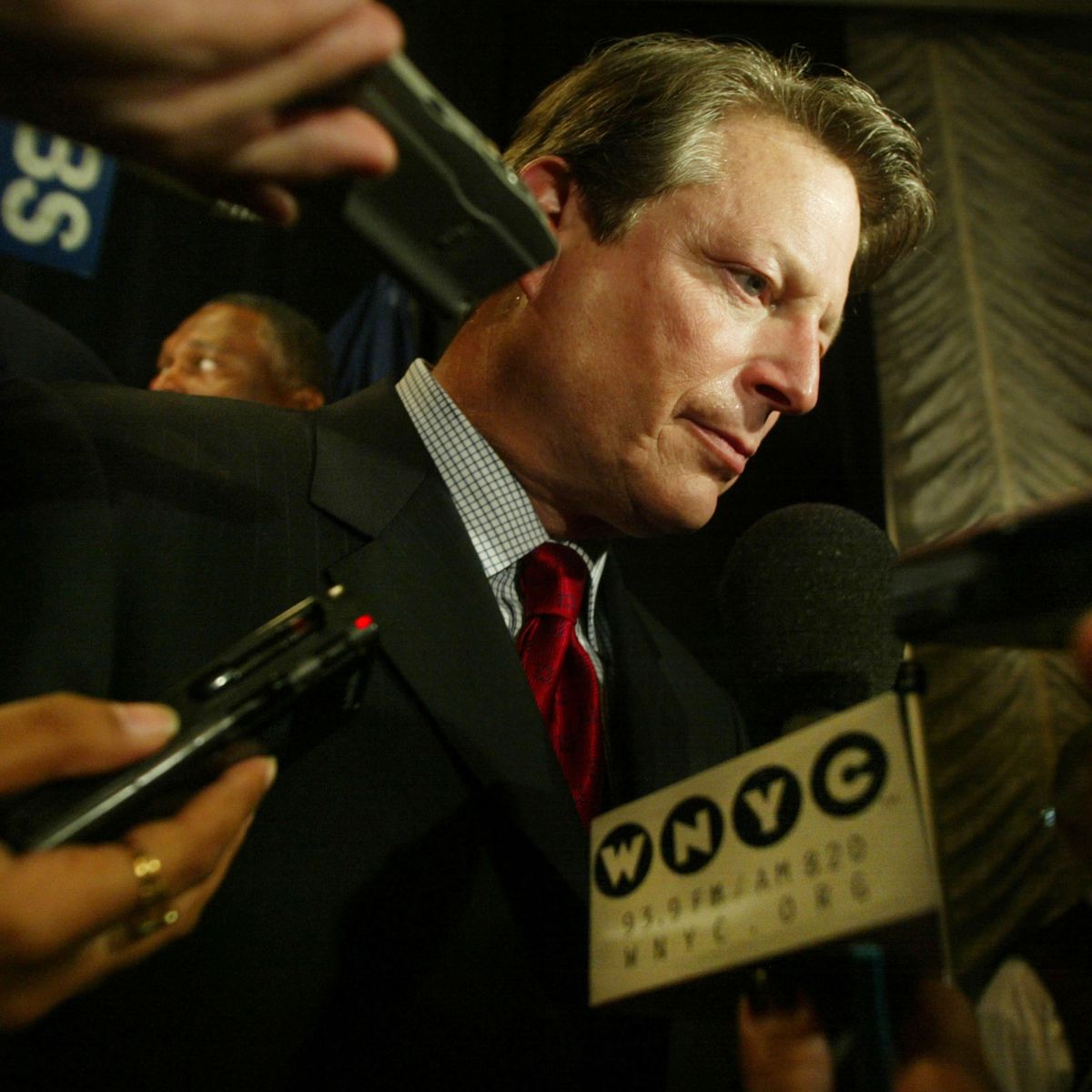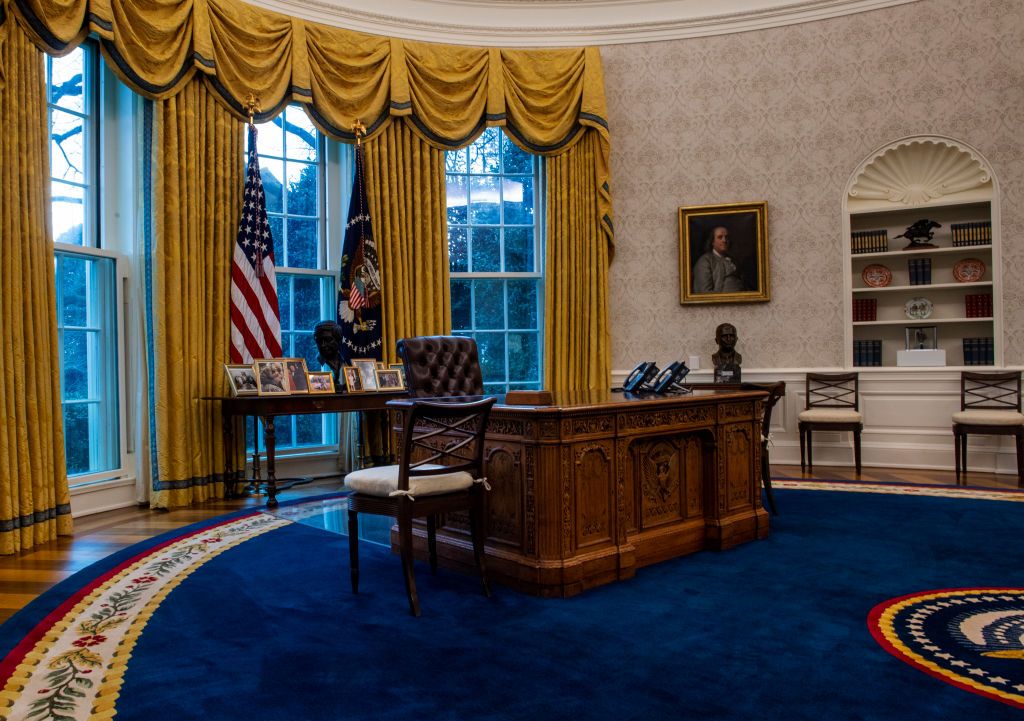- Jul 12, 2018
- 10,544

It is the great irony of past and present empires that even with all of their power and might, there were places or even entire cities within them that were economically deficient. This was true for the Romans in all phases of their empires, it was true for the Ottomans and the Mamlucks, it was true for the Chinese and Russians, and it was even true for America. The United States, with its mighty economy and undeniably incredible recent history of invention and triumph, had cities and millions of people who were living in conditions that did not reflect the status of the country itself. In the past, these discrepancies could be written off as it being necessary for having a massive lower class to support the tiny upper class. But in a modern society with a prospering middle class, plumbing, electricity, quick transportation, law and order, and the ability to transport products rapidly from one side of the country to another, these inadequacies should have been seen as unacceptable leftovers from the pre-modern era.
President Al Gore was made aware of the issues that some of America's greatest cities, and some of its former greatest cities, were facing. In fact, he even mentioned this "urban decay" in his 1997 State of the Union address on Independence Day. What had caught the President's eye was a recent news article in the Washington Post, which noted that two entire city blocks of Detroit had burned down - these two blocks, which were filled with homes, were almost entirely abandoned. President Gore vowed to visit Detroit, New York, New Orleans, and other cities in order to see how the federal government could help address these problems. The President contacted the Mayor of Detroit, a fellow Democrat by the name of Ran Matthews, who formally invited the President to visit the city and stay the night. Al decided not to call the Governor of Michigan, a Republican, who had recently publicly criticized the Mayor and called for his resignation. It was widely believed that the governor was simply trying to fire up his base for his re-election campaign. Mayor Matthews planned to take the President through downtown and show him some places that the city could improve, and then they would afterwards head to the Mayor's "retreat" home in Grosse Point Shores - a small city outside of Detroit on Lake St. Clair.
**************************************************
John Engler, the Republican Governor of Michigan, was bewildered. He was sulking over the news that Sparrow Industries had declined to build their Manufacturing Headquarters in Detroit - a move that would have given new hope for Detroit, and Michigan as a whole. It was barely noon, and he was already into a second beer. The blinds in his office were shuttered so that very little light was coming into it. The only thing he could hear was the ticking of a grandfather clock that was in the corner of his office in the Michigan State Capitol. Second after second continued to pass by, and the governor was about to fall asleep, when there was a knock at his door. The copper doorknob turned, and someone walked in to his office.
"Governor..." said one of Engler's aides. Engler responded with an unimpressed grunt, "we tried reaching the President on Air Force One, but they said that he was unavailable. We declined to leave a message," he said.
Engler accepted that it wasn't destined for him to sleep that day, so he sat up, and took a sip of his now warm Miller Lite tall-boy. He checked his watch and then sighed at the time. "We've tried calling, faxing, everything... everything short of the emergency line, and they'd rip my eyes out if I used it for something like this. I don't know, do you have any ideas, Mark?" the governor asked.
Mark, who was a young man in hid mid-twenties, sat down from across the governor and offered him a hot cup of coffee to replace his beer. "Sarah actually had an idea, sir. She thinks that we should contact the Archbishop of Detroit..."
**************************************************
President Gore landed at Detroit's Wayne County Airport to much fanfare as supporters gathered outside to cheer for the President. Gore's motorcade, which had been flown in previously, was ready to take him downtown to meet with Mayor Matthews at city hall. The motorcade took I-94 and then I-75 before exiting onto West Fort Street which led them directly downtown. The motorcade was protected by a heavy police escort provided by the Detroit PD, Michigan State Police, and United States Secret Service. The President went over some things with his advisors, but he was largely occupied by looking out the window. He had only been to Detroit a handful of times, and none of them were memorable. He remembered stopping there on the campaign trail with former President Clinton, and also going there when he was a younger man. But he had never been to Detroit as a simple visitor or curious soul.
The President's limousine stopped at the intersection of W Larned Street and Woodward Avenue, which was right beside City Hall and a plaza. The intersection, as well as the plaza, had been closed off to the public hours ago. Secret Service were out and about in both suits and plain clothes as they watched the crowds and kept a careful eye out. They had even gone as far as to enter some of the surrounding sky scrapers and set up counter-assault sniper teams that were ready to act on a moment's notice. Meanwhile, there were two dozen Secret Service agents on the ground with the President, virtually surrounding him but giving him just enough distance so that decent pictures could be taken for the press. Channels 2, 4, and 7 which were the local affiliates of FOX, NBC, and ABC were all there with cameras and reporters, as was CNN. The Secret Service made a final "look around" before the limousine door for the President was opened, and he stepped out to wave at crowds which had gathered that July morning to welcome him to to Detroit.
The first thing to catch the President's eye was a massive bronze statue that was sitting, with it's back facing city hall, and its front overlooking the plaza before it. Inscribed in gold letters behind the statue were the following:
"NOW THE LORD IS THAT SPIRIT
AND WHERE THE SPIRIT OF THE
LORD IS, THERE IS LIEBRTY."
II CORINTHIANS 3:17
Duncan Nicholas, the President's Chief of Staff, stepped beside Gore and briefly said, "The Mayor is running two minutes later. The Secret Service says he's taking the elevator down now. He should be here in ninety seconds." Gore nodded and looked around. He could have walked up to some of the crowds that had gathered, but he felt somewhat uncomfortable being in such a new place. Instead he walked over to the massive statue and looked up at it. Gore's simple interest in observing a statue was like fodder for the still-photography press who snapped as many pictures as they could. Something the President had read about was that Detroit, despite its reputation, was filled with incredible examples of Art Deco design and architecture, and this was clearly a small sample of that.
"Mister President!" said an overly excited, and somewhat apologetic, voice. Gore turned to see a black man who was three of four inches shorter than he was, approaching him with his hand out.
"Mayor Matthews, how are you?" Al asked in return as he took hold of, and shook, the Mayor's hand.
"I'm just fine sir - I'm sorry to keep you standing outside. We had a small issue that we were wrapping up. What don't we go inside?" he asked, almost starting to walk but stopping when he noticed that Gore didn't move.
"Do you know what this statue stands for, or what it represents?" he asked.
"Oh... it's called 'The Spirit of Detroit'," the Mayor said. There was a moment of awkward silence as Gore expected the Mayor to go on, but Mayor Matthews didn't know much more than that. Another man, who was also black, was standing behind the Mayor. He was nearly President Gore's height and had a chevron moustache.
"The artist said that his interpretation for the statue came from the spirit of man that comes from God and the family..." said the calmer man behind the Mayor. President Gore offered his hand to him, and shook it as well.
"I'm Jacob Crane - I'm the President of the City Council. Welcome to Detroit, Mister President," he said. The Mayor gripped his fists for a moment and then smiled at the two men, "Well, I'll give you a tour of City Hall and then we can set off for downtown. We have a lot to show you."
President Gore, and his entourage of protective agents, walked alongside the Mayor and President of the City Council into City Hall. The President was given a tour and met all of the members of the city council, as well as the Chief of Police and the Chief of the city's Fire Department. To tour downtown, Mayor Matthews made a big deal of using the city's "People Mover" which was really just an elevated subway. Despite the small fortune it cost to keep the People Mover operational, the city government of Detroit and Mayor Matthews were big defenders of it. President Gore was given a big surprise when he realized that the this one-track system only moved in one direction, which meant that if someone wanted to travel from Circus Grand Park to the Broadway station (these two stations were located right next to each other on the line) that individual would need to ride the entire route since the People Mover only went counter-clockwise. This was obviously a rather noticeable disadvantage. President Gore literally had a front seat to this, as the Mayor insisted they first go see something on one side of downtown which wasn't far, but meant that they would have to ride the entire route of the people mover, when they probably could have walked there faster.
At one point, the President asked, "Why doesn't the city build a second track so that you can have traffic blow in both directions?" the Mayor and some of the other VIPs that were allowed into the small train car looked at him as if he was wearing his shoe on his head. The President decided to drop this point, and instead enjoyed the pristine view he had of downtown. Gore asked about several buildings, which for the most part either the Mayor or someone else could tell him about. Some buildings, however, seemed to make everyone uncomfortable when they were mentioned. In particular, President Gore asked about the Book Tower, which was a 38 story tall skyscraper. The car entered into an awkward silence and the Mayor said, "It's... currently not occupied. But they're working on renovating it... Did I mention that we've having lobster tonight?" the Mayor said with a smile.
The tour continued through the nicer parts of downtown. The President was shown little to none of the battered parts of the city, and was instead told that the State and the city were closely working together to fix the problems that the city had.
"Detroit really is an incredible place to live," the Mayor said at some point, "our biggest problem, really, is a reputation problem. What the rest of the country says about us is overblown."
The Mayor did his best to keep the President within the confines of downtown, and even took him to lunch at the Grand Trunk Pub on Woodward Avenue. The Mayor and President's presence meant that security in the pub was a bit overbearing, and no new patrons could enter their part of the pub while they were eating at the bar, but otherwise some members of the general public were able to watch the two leaders enjoy an afternoon beer and some fried fish for lunch. Mayor Matthews promised that dinner would be much more "formal." The rest of the day was spent walking in some other nice areas of downtown, as well as a tour from the Detroit Historical Society about public transportation and the history of the city. Later that afternoon, the President returned to his hotel to prepare to for dinner that evening.
It was 6:00PM and Gore was now wearing a tuxedo. Duncan, the President's Chief of Staff, knocked on the door to the Presidential Suite in the Detroit Foundation Hotel. Gore opened the door and let Duncan, who was also in a tuxedo into the room.
"This just arrived for you sir... It has a seal on it," Duncan said.
Gore looked down to see the folded piece of paper that had a noble/Catholic looking wax seal stamped onto it. Gore broke the seal and unfolded the paper.
"It appears to be the seal of the Archbishop of Detroit," Duncan said as the President read over the note.
Mr. President,
There are issues in Detroit which you aren't going to be shown. If you want to help our city, and you want to see what needs to be done to fix it, then come to the Cathedral of the Most Blessed Sacrament tomorrow morning at 9AM. Don't tell the Mayor, and don't tell the press. Keep a low profile.
Regards,
A Friend





